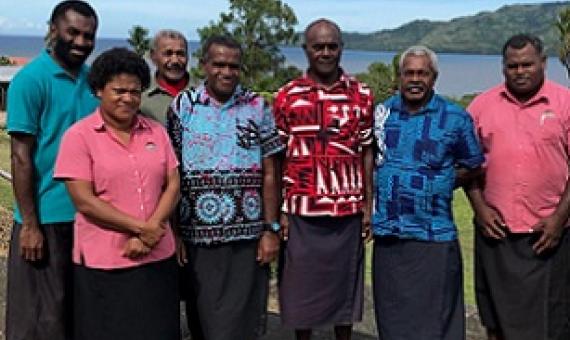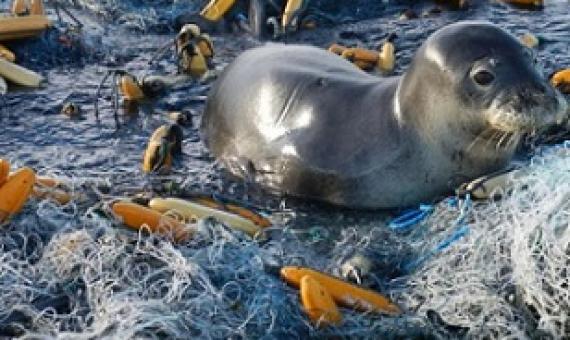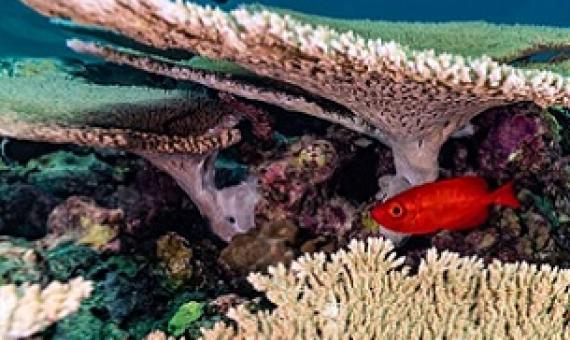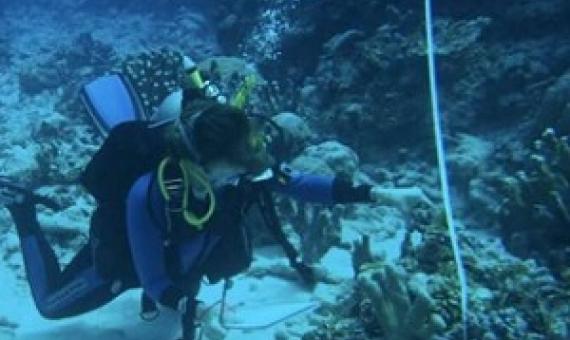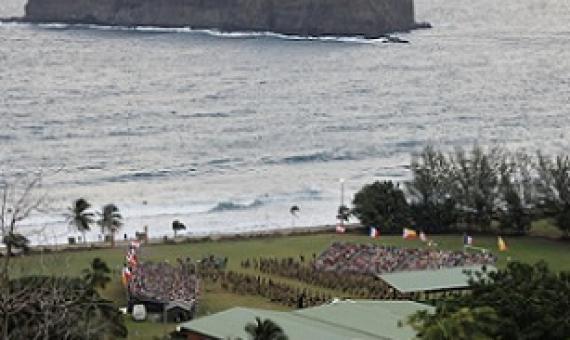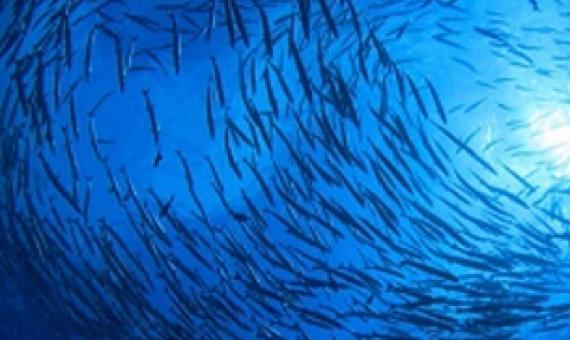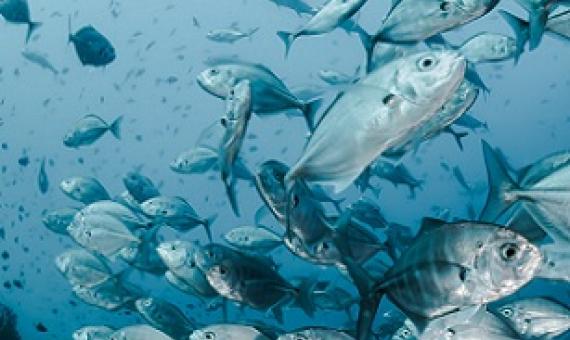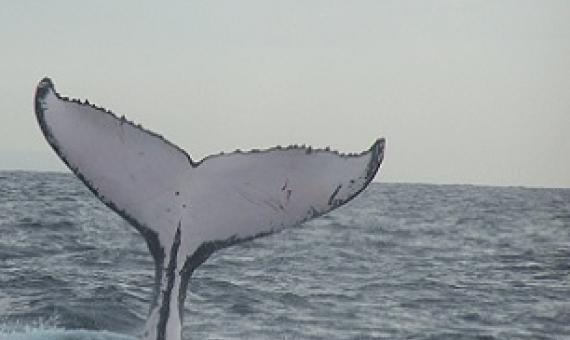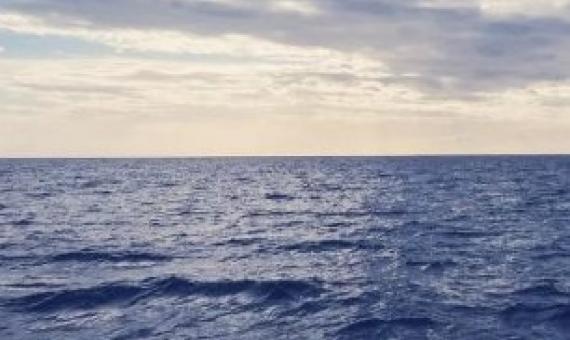In many protected areas, the distribution of funds for conservation seldom considers the Indigenous population’s views on how the money should be spent. In Fiji, the Indigenous iTaukei people co-manage Vatu-i-Ra Conservation Park, a marine protected area, under traditional rules and values.
Scientists and divers from NOAA’s Pacific Islands Fisheries Science Center are teaming up with divers from the Papahānaumokuākea Marine Debris Project.
Scientists that recently returned to Oahu from a 20-day research expedition to Papahanaumokuakea Marine National Monument now have some valuable images and data — and a new sense of hope. The group of scientists headed out on a rare trip from Aug.
A new UBC study on the impact of climate change on coral reefs is raising sticky questions about conservation. It found coral in more polluted and high traffic water handled extreme heat events better than a more remote, untouched reef.
In his welcome speech by the President Emmanuel Macron, the mayor of Hiva Oa, Joëlle Frébault mentioned the objective of protecting the marine area of the archipelago. “During the One Planet Summit which was held on January 11, 2021 at the Elysée Palace, you set as an obje
A new study by Tel Aviv University reveals significant ecological damage to many MPAs around the world. The study findings point to a strong "edge effect" in MPAs, i.e.
Advancing Social Equity in and Through Marine Conservation
Substantial efforts and investments are being made to increase the scale and improve the effectiveness of marine conservation globally. Though it is mandated by international law and central to conservation policy, less attention has been given to how to operationalize social equity in and through the pursuit of marine conservation. In this article, we aim to bring greater attention to this topic through reviewing how social equity can be better integrated in marine conservation policy and practice.
Big fish are harder to find in areas sprawling with human activity, unless you're looking in no-take marine reserves, according to a new study led by marine scientists at The University of Western Australia.
This toolkit is being developed within the framework of the “Marine mammals, a way to enhance cooperation between Marine Protected Areas” twinning. This twinning is part of the Ocean Governance project.
Currently, less than 3 per cent of the ocean is protected from fishing, mining and other commercial activities. With so little protection, it is perhaps unsurprising that three quarters of fish species are depleted, and shark numbers have declined by 90 per cent over the last few decades.

